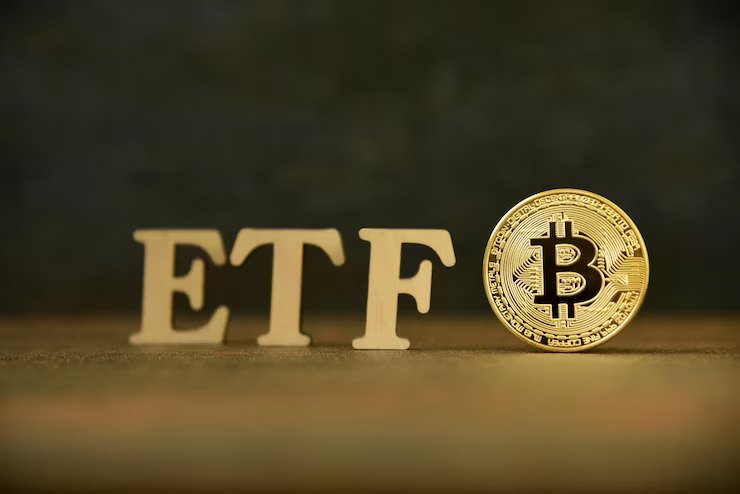3 Benefits And Risks Of Ethereum To Bitcoin Exchange

Ethereum has been tailing Bitcoin ever since it was launched. Many investors consider that it’s better to invest in ETH as it has better utility. Others disagree, claiming BTC will remain “digital gold” for the time being.
In the following article, we’ll talk more about Ethereum to Bitcoin exchange and things to pay attention to if you’re thinking about the swap.
Swapping ETH for BTC: Benefits
In the following section, we’ll take a look at some benefits of exchanging Ethereum for Bitcoin and vice versa.
Crypto Diversity
The good old “don’t put all your eggs in one basket” rule applies here. If something goes wrong with a single cryptocurrency, you’re going down with it — and that’s not something you want. If you have Bitcoin, the first logical choice to buy is Ethereum.
Established cryptocurrencies are less likely to fail, but you still want to have at least two to diversify your portfolio. Of course, professional crypto investors have much more options in their wallets, but most will probably suggest that having ETH and BTC is a good start.
Profit Potential
Both cryptocurrencies can bring you profit if you trade them at the right time. In the long term, some predictions claim that Ethereum has an advantage here, as it’s based on innovative technology and a real utility — developing decentralized applications (dApps) and smart contracts. Therefore, Ethereum is the safer bet, but it’s still a bet, as all other cryptocurrencies are.
Lower Transaction Fees
Currently, making Ethereum transactions is much more cost-effective than payments in Bitcoin. Truth be told, the two cryptos don’t have the lowest fees in the industry. Still, if you want to make regular transactions, Ethereum is slightly better in this regard, while Bitcoin is better for holding.
Swapping ETH for BTC: Limitations

Of course, even exchanging the two most popular digital currencies comes with some limitations that you should take into account before swapping them.
Volatility
Unless you’re trading stablecoins, you’re going to deal with volatility. This applies even if you’re trading less popular pairs, such as FTM vs SOL. Volatility means that the price of digital currencies often fluctuates based on supply, demand, and many other factors. This can be a good chance to earn a quick profit if you make a swap at the right time. Yet, if you play your cards wrong, you could end up losing a lot.
Volatility is a limitation, technically speaking, but it’s also a benefit for those who can predict price changes and act accordingly.
Security Risks
Exchanging cryptocurrencies comes with security risks. These aren’t usually associated with the underlying technologies of ETH and BTC but rather with exchanges used to swap these coins. In other words, if you want to stay safe and minimize security risk, you should pick an online crypto exchange with a good record of not being hacked or not scamming its users. Ideally, select an exchange that’s anonymous and doesn’t require any personal information if you want to ensure you’re 100% safe.
It’s a good idea to learn more about common crypto trading-related risks and understand their inner workings. This should help you spot a scam and stay away from it.
Ethereum Prevalence
Ethereum isn’t as prevalent as Bitcoin, so purchasing it means limiting yourself in a way. Simply put, Bitcoin is already accepted in many businesses, meaning you can make a payment with it. Moreover, the sheer number of people using ETH is much smaller compared to BTC, so liquidity might become an issue if you’re using a less popular exchange.
ETH to BTC Exchange: Is It Worth It?
Ethereum keeps creating new ways to explore its utility, while Bitcoin keeps leading the race toward mass adoption. Which is better, and should you exchange the two cryptos? That’s entirely up to you. It’s like choosing between the two best teams ever in a sports league. Still, you should be careful and stay up to date with the latest developments. Do your research, and make sure you’re only making informed decisions that won’t have a negative effect on your crypto wealth.
Read Also:










